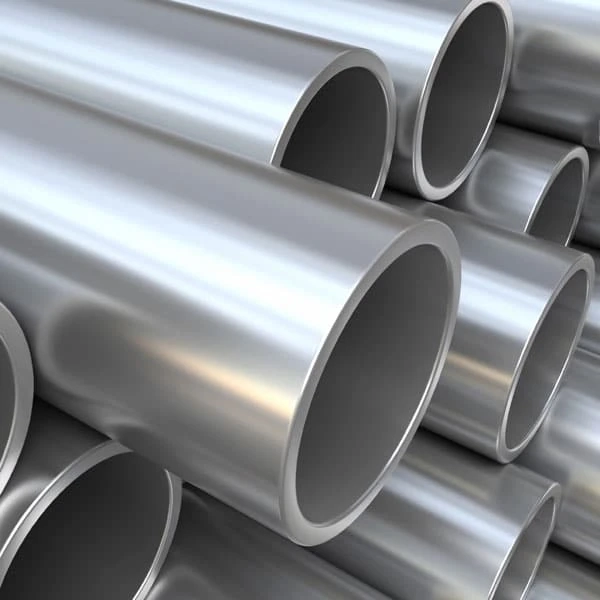A nickel-chromium-molybdenum alloy called alloy 20 was created for use in sulfuric acid-related applications. The chemical, culinary, pharmaceutical, power generating, and plastics industries all benefit from its corrosion resistance. The copper content in Alloy 20 pipes prevents it from corroding from sulfuric acid and pitting from chloride ion corrosion.
Alloy 20, also known as UNS N08020, is a high alloy pipe manufactured of a special stainless steel grade with outstanding resistance to stress corrosion cracking caused by sulfuric and chloride ions. The alloy incorporates copper, which contributes to its high all-around corrosion resistance. The stainless steel alloy is frequently used to make pickling equipment, process pipework, heat exchangers, and manufacturing tanks due to its resistance to pitting, crevice corrosion, and corrosion.
The chemical process industry, paper production, industrial heating equipment, plastics, synthetic rubber, pharmaceuticals, and other sectors benefit from the use of alloy 20 pipe fittings, flanges, and other goods of grade 20.
They exhibit greater resistance to stress-corrosion cracking when boiling sulfuric acid with 20 to 40 percent sulphur. Alloy 20 pipes offer a good level of overall corrosion resistance to sulfuric acid and are not susceptible to chloride stress corrosion cracking. Additionally, they have outstanding mechanical properties, are exceedingly fabricable, and precipitate very little carbide during welding.
Applications of Alloy 20
The flue-gas scrubber is frequently employed in residue fluid catalytic cracking units of coal-fired power plants, oil refineries, chemical fertiliser plants, and pharmaceutical plants for flue gas desulfurization and denitration. Alloy 20 materials must be chosen for the construction of the accumulator pool, flue-gas distribution baffles, and flue-gas entrance joint due to the environment\'s corrosive and abrasive nature.
Due to its affordability, carbon steel is typically the most popular material for sulfuric acid storage tanks (with concentrations of less than 70%). In certain circumstances or at low quantities (20 percent), SS 316 can be used to prevent iron contamination. Alloy 20, which has superior corrosion- and pitting resistance, may be used to make the fittings, flanges, or valves at the feeding entrance and outlets.
Alloy 20 has a wide range of applications in the food processing, pharmaceutical, marine, petrochemical, refining, and chemical processing sectors. Pumps and valves, fasteners, kitchen appliances, fittings, agitators, mixing tanks, and storage tanks.



